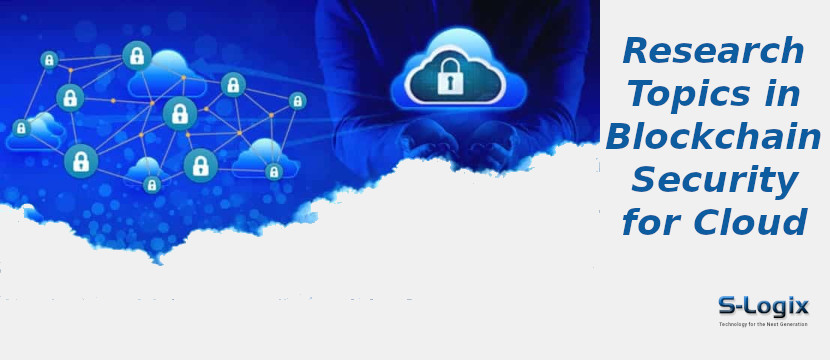Cloud computing receives significant attention due to the provision of scalable data services and infrastructures with minimum cost. In cloud-based systems, the data should have to be stored and processed by the cloud servers, resulting in high risks to data. The data may be lost, hacked, and leaked.
Hence, the cloud necessitates effective security services, and the blockchain is a key technology to satisfy such security requirements through immutable ledgers. Blockchain technology can provide more advanced security services than other centralized database security models. The blockchain model continuously monitors cloud data transactions and links them with immutable chain blocks.
Some of the blockchain use cases of the cloud are listed as follows.
• Open Ledger
• Distributed Ledger
• Decentralized Smart Contracts
Research Topics
• Secure cloud architecture for various environments based on the blockchain model
• Blockchain-based cloud vulnerability detection
• Cloud data security management with blockchain model
• Authentication and authorization of blockchain-enabled clouds
• Data integrity monitoring systems with blockchain-based clouds
